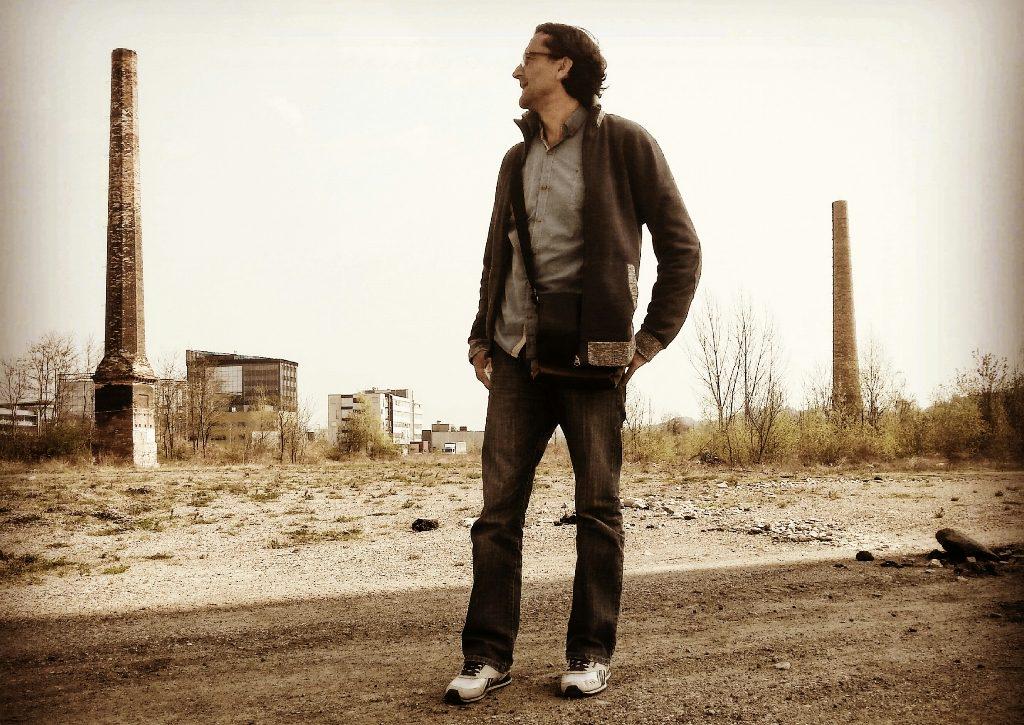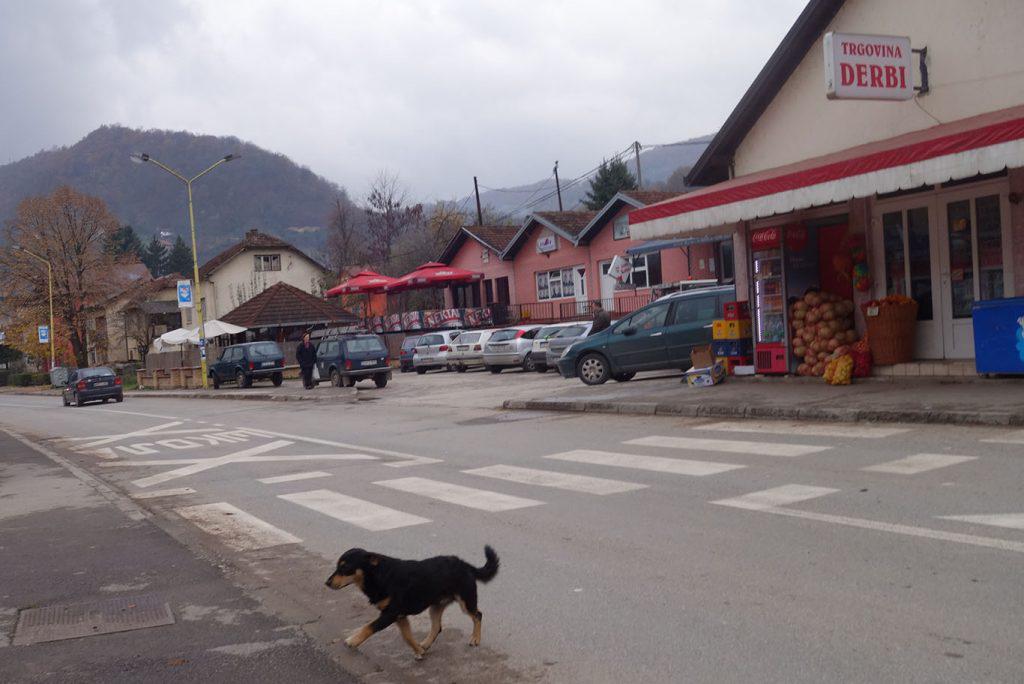

“Slovenia seems to be some kind of crossroads of cheap labor for Europe,” Nadia Kluge from the Faire Mobilität organization told us in Munich. According to Kluge, Slovenia’s niche is the ability to grant work permits for non-EU workers. Therefore, our country is a gateway to Europe for numerous workers from Bosnia and Herzegovina, Serbia, Macedonia and Albania. Claudia Gürkov, a German investigative journalist from Bayerischer Rundfunk media house who has been investigating this matter for several years confirmed that Slovenia is “the biggest exporter of foreign workers to the West.” She added: “Your country has built a profitable business out of, let’s say ‘human trafficking’. Having said that, I don’t think that Slovenians are bad people. In Germany, we have a lot on our conscience, too. We demand cheap construction work. If construction workers were paid fairly, the buyers of these buildings would have to pay 30 to 50 percent more.”
The unique case of Slovenia
Investigating the problem of posted workers in Germany, the country to which Slovenia still sends more workers than to any other country, we found that in almost all cases of unfair practices there was a multilevel model. At the top, there is a German company which demands works to be done as cheaply as possible. They can’t save money on material, as it doesn’t vary in price, so they are stingy at the expense of the workforce.
“And what is the most common next step? They look across the border,” affirms Claudia Gürkov. This is how we reach the next level, the level of subcontractors. These are either German or from the countries of the former Yugoslavia which are now EU Members. However, the key point has always been in Slovenia. “In Slovenia, there are dozens, if not hundreds of companies that have been exporting workers. But unlike other European countries, Slovenian companies don’t send citizens of their own country. No; they have mostly exported foreign workers from the Balkans.”
More than 46,000 workers were posted abroad from Slovenia on the basis of the A1 form in the last year alone. What is especially controversial is the fact that companies engaging in unfair practices have no trouble obtaining these forms. On the 1st of January 2018, the Transnational Provision of Services Act will come into force, which is supposed to prevent A1 forms from being issued to dishonest employers. Despite this, the people we talked to don’t believe this act will lead to a major improvement.
Who is most afraid of change?
A year ago, the European Commission presented the revision of the Posting of Workers Directive, with which they want to ensure fair wage conditions and a level playing field between companies posting workers to work temporarily in another EU Member State, and local companies in the host country. The Directive was given a ‘yellow card’, which is a very rarely used, by the parliaments of 11 Member States on the grounds that the reform would reduce economic competitiveness. Most of the countries opposing the revision are ones that have already been the biggest exporters of their cheap labor to the European market. Among them are Czech Republic, Slovakia, Poland, Hungary, Croatia, Romania, and Bulgaria, but not Slovenia. Nevertheless, last summer the Chamber of Commerce and Industry of Slovenia estimated – similarly to the aforementioned countries – that “the proposed reform would interfere with the open market.”
Not at fault
Fifty-year-old Siniša Marinković was one of those who experienced the spectrum of exploitative practices while working abroad through companies registered in Slovenia. He arrived in Slovenia from Bosnia and Herzegovina in 2006 to support his family of five. Two of his daughters already study in Belgrade, while his wife recently joined him in Slovenia to look for a job.
The situation worsened soon after the financial crisis reached its peak, when employers started being late with pay and other obligations. Thus, a number of employers in construction owe Marinković several thousand euros, and often they didn’t provide him with decent living conditions. For example, Marinković lived in the contaminated area of the old zinc plant in Celje for almost two years, or he was crammed with 20 other workers in a single-family house with few beds and toilets on the outskirts of Hannover.
On top of that, two years ago, he was hurt in a bad fall while working at height in Brussels. Because of that accident, Marinković can never work in construction again. He ended up on minimum sickness allowance in Slovenia, struggling for survival. As if that were not enough, because of a mistake made by one of his German employers he ended up on police records, so now he has trouble every time he crosses the Schengen border.
They take risks, but with honor
“No, these people are not naive – they know they are being exploited, but they still uphold their honor and take risks. And this is what makes me sick in Europe,” was journalist Claudia Gürkov’s answer to our question about the mentality and possible naivety of these workers. As long as there is demand for this kind of cheap labor, this kind of system will exist, adds Gürkov, and warns of a new niche market to which these unfair practices have recently been redirected: home care. “While those who profit from this are drinking champagne, eating caviar and enjoying the millions they earn,” is the comment of straightforward Frank Buckenhofer of the German customs officers and customs administration workers trade union.
Individual victories are what matters
Experienced workers’ rights activist Goran Lukić is familiar with numerous cases like that of Siniša Marinković. He says members of the Counselling Office for Workers in Ljubljana would have already lost their minds if they had been looking for progress only at the systemic level. What matters are individual victories: "We decided to look at everything from the point of view of actual individual stories, from the perspective of the man in the street, step by step. In this way, you can see that things are changing, but the battle is still far from over."
*The story Siniševo delo (Siniša's Work) was made possible with the support of the "Reporters in the Field" program by the Robert Bosch Stiftung and the Berlin School of Journalism. The investigative journalists and producers who contributed to the story are: Luka Hvalc, Maja Ratej, Gašper Andrinek, Anja Hlača Ferjančič, Jan Grilc and Gorazd Rečnik. Val 202, the second channel of the media outlet RTV Slovenija.
*You can hear the investigative story Siniševo delo (Siniša’s Work) by Val 202 in the Slovenian language in six parts here: http://val202.rtvslo.si/sinisevodelo
translated by I. Š.

































































